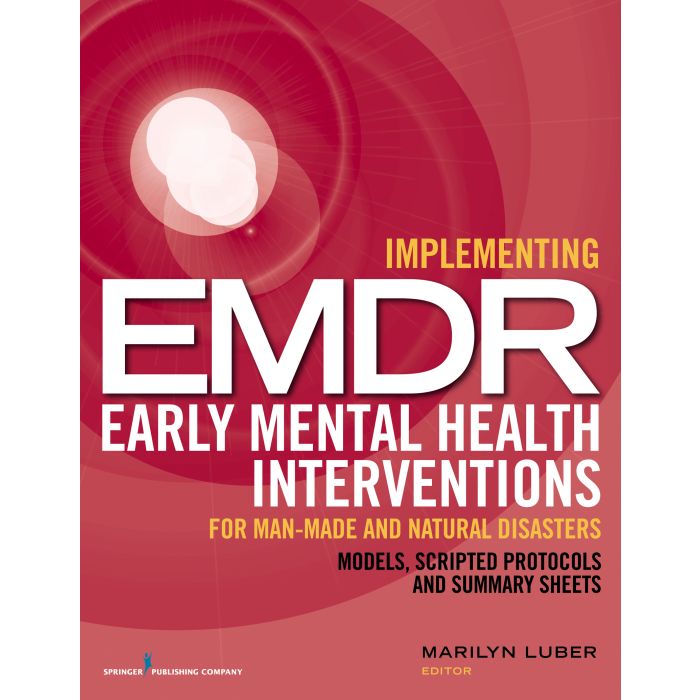EMDR: dispelling the false memory creation myth in response to Otgaar et al. (2022a)
This paper examines an article by Otgaar et al. (2022a) which claims that psychotherapy can induce false memories of trauma.
Article Introduction
“Exposure to traumatic events can lead to diverse memory impairments such as dissociation, intrusiveness, avoidance, distortion, or recovery (Mary et al., 2020) affecting individuals’ mental health, wellbeing, identity, relationships, and functioning (Giotakos, 2020). Thus, comprehending how trauma impacts memory and its assessment and treatment in clinical settings is paramount.
Otgaar et al.’s body of work, including the article under review (Otgaar et al., 2021, 2022a,b) has significantly propelled our understanding of false memories and their implications, particularly in psychological research and legal contexts. However, in the article that will be examined, the researchers claim that psychotherapy can induce false memories of trauma and that therapists can suggest clients’ memories of experiences that they never had (Otgaar et al., 2022a). Despite the value of their contributions, their recent claims that psychotherapy, notably EMDR, can induce false memories of trauma warrant a closer examination. They argue that such false memories are widespread and pose risks in real-life situations, especially in legal settings, potentially compromising the credibility and justice for trauma survivors (Otgaar et al., 2022a). They also challenge the efficacy and safety of some evidence-based treatments for trauma-related disorders, such as EMDR therapy (Otgaar et al., 2022a).
In this paper, we critically examine the article by Otgaar et al. (2022a) which claims that psychotherapy can induce false memories of trauma and that therapists can suggest memories of experiences that clients never had. Specifically, Otgaar et al. (2022a) describe a unique case of therapy-induced false memories. The article recounts past cases wherein abuse was the focal point of legal proceedings. Arguments are drawn from a detailed description of an Italian case, wherein therapeutic records exhibited clear indications of suggestive treatment. The court concluded that the therapist had implanted false memories. In support of the court’s determination, the authors present examples of research illustrating how false memories can be formed, including the influence of suggestion on their development.”
—Description from publisher
Article Access
Open Access
Callus, E., Gallina, E., & Fernandez, I. (2024). EMDR: dispelling the false memory creation myth in response to Otgaar et al. (2022a). Frontiers in Psychology, 15: 1366137. Open access: https://doi.org/10.3389/fpsyg.2024.1366137
About the Journal
“Frontiers in Psychology is a multidisciplinary journal that publishes advances in psychological research.”
—Description from publisher
Date
April 16, 2024
Creator(s)
Edward Callus, Eugenio Gallina, Isabel Fernandez
Topics
Dissociation
Practice & Methods
Neurobiology
Extent
6 pages
Publisher
Frontiers in Psychology
Rights
© 2024 Callus, Gallina and Fernandez. This is an open-access article distributed under the terms of the Creative Commons Attribution License (CC BY).
APA Citation
Callus, E., Gallina, E., & Fernandez, I. (2024). EMDR: dispelling the false memory creation myth in response to Otgaar et al. (2022a). Frontiers in Psychology, 15. Open access: https://doi.org/10.3389/fpsyg.2024.1366137
Audience
EMDR Therapists, Other Mental Health Professionals
Language
English
Content Type
Article, Peer-Reviewed
Access Type
External Resource, Open Access





